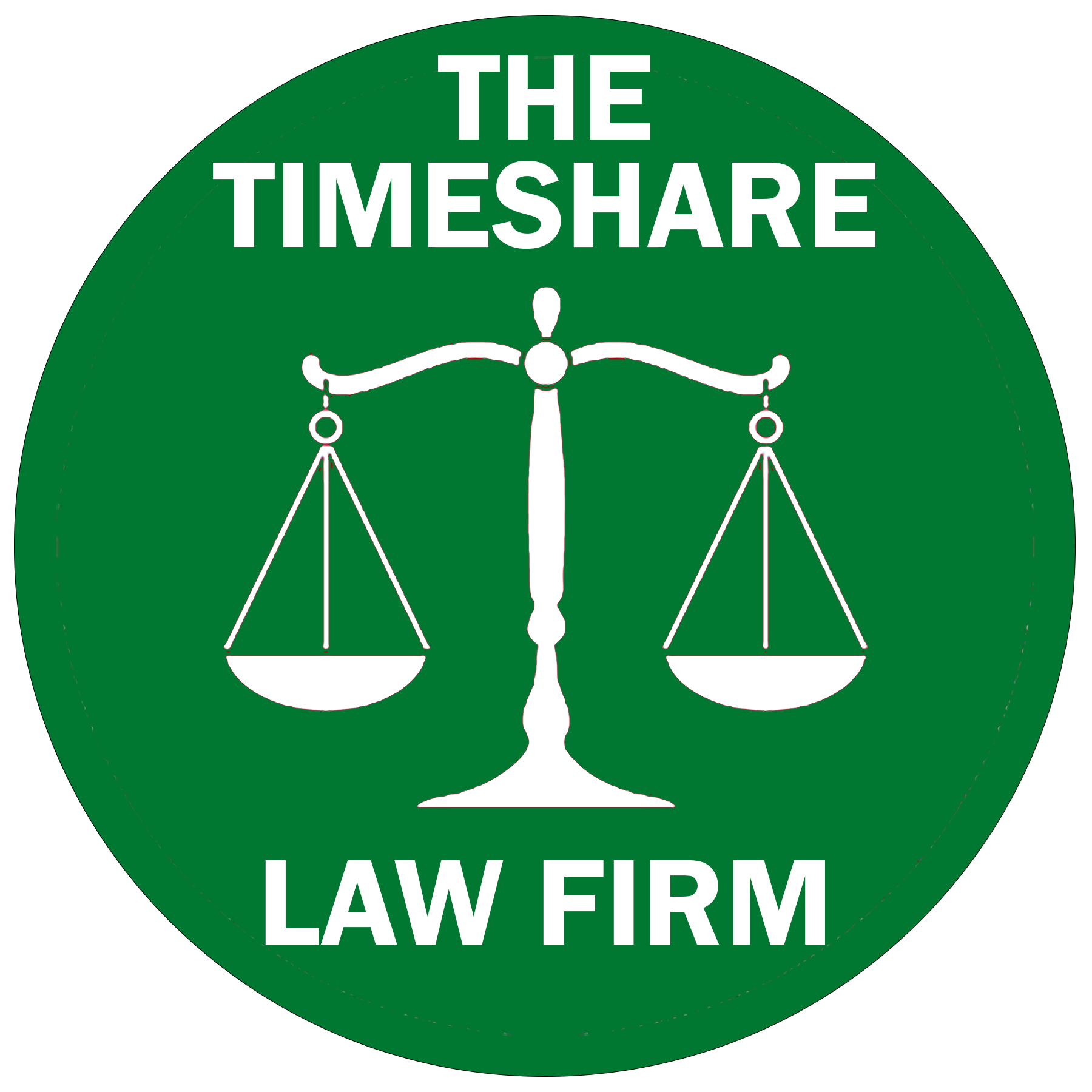Timeshare Fraud Laws
Timeshare Laws applicable in a court of law in all states make it unlawful for Timeshare Corporations to defraud purchasers.
Any one violation of (a) through (f) below can constitute unlawful deception and fraud:
(a) Failure to provide certain documents and certain disclosures clearly and conspicuously as required by law, pursuant to §11225 & §11238;
(b) Failure to make proper disclosures as required by law with regard to the incidental benefits offered or not offered under the timeshare plan, pursuant to §11237;
(c) Making material misrepresentations, including, but not limited to material misrepresentations in connection with the promotion of a timeshare plan, the nature, qualities and/or characteristic of the offered timeshare plan, and/or its incidental benefits, pursuant to §11245;
(d) Charging assessments, including maintenance fees, in amounts not proscribed by law, or by failing to provide proper notice regarding the increase of fees, pursuant to §11265;
(e) Failing to deliver on certain promises within the time represented, pursuant to §11265; and,
(f) Conflicting, misleading and/or unlawful provisions among the various documents provided, pursuant to §11265;
This body of law along with state-specific laws, means resorts can face damages, including Punitive Damages for systematic and repeated violations of law. Many of our clients just want to be get out of their timeshare safely and securely, including all the associated mortgage debt, maintenance fees and family [multi-generational] liability. For these clients, a $4000 low-cost flat rate divestment is exactly what they want to secure. While some of our clients may desire to be part of a litigation to recover damages and send a bigger message to the resort seeking punitive damages in the multi-millions. Whatever you desire, our timeshare focused law firm can accommodate your objectives.

